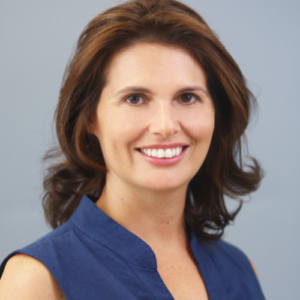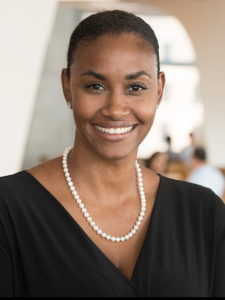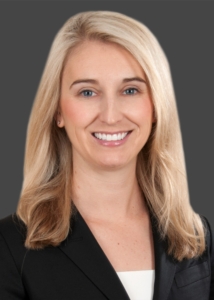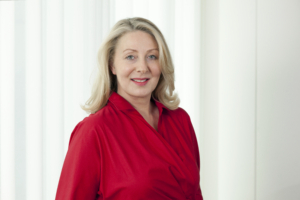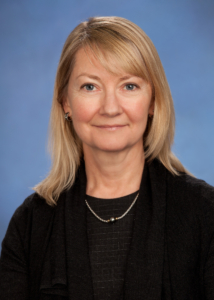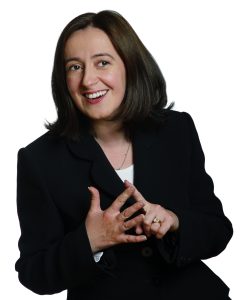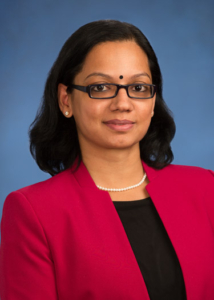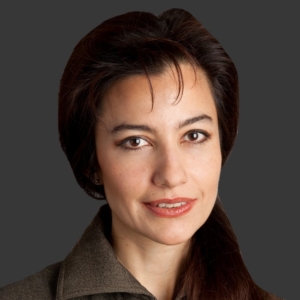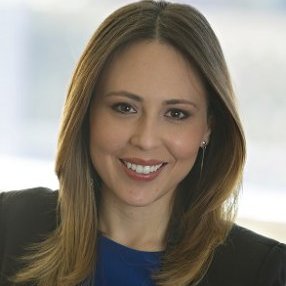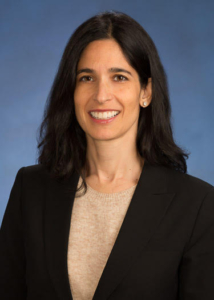I’m a great believer that women have what it takes to be great engineers, says ContentSquare’s Efrat Ravid. “It’s imperative that more woman study engineering and technology to ensure that more women enter the field and become technology leaders. Women should be represented at least at a 50% ratio in engineering schools, in engineering companies, and in every aspect of the technology world.”
Encouraging Women to Enter the World of Technology
As an engineering student, Ravid was in a small class with 22 other students and only four of them were women. Many years later when she went for her MBA, she was in a class with 56 students, and still only six of them were women. Fifteen years later, and nothing had changed. Ravid was determined to play her part in changing this. “I wanted to make a difference, to encourage and support women in the world of technology to try and address this imbalance,” she says
She sees the demand in the market for engineers, and she knows that if women get their degree in engineering, they will be able to find great jobs and add value to their companies from day one.
Ravid began her career as an engineer, where she was sent to inland China to work directly with manufacturers and factories. Although a very young engineer at the time, she wanted to take the next step with her product and interact directly with customers to make better product versions. It was in doing this that she found her passion for the customer experience. She spent her time traveling around China and Korea and developed products that customers appreciated and got value from. “I was determined from the start to be successful, and through hard work, commitment and enthusiasm, I saw the business grow,” she comments.
Sponsorship and Mentoring of Women in Technology
Today, Ravid is the Chief Marketing Officer of an exciting SaaS company, and uses her position to mentor and sponsor other women. “I believe it is up to us as women to empower other women to become leaders in the technology industry,” she says
Ravid is passionate about hiring ambitious women who promise to do a fantastic job for ContentSquare. She believes that if women are capable and engaged that they will be successful no matter what their circumstances are (she employed the first female sales person for the US when she was six months pregnant) and comments, “When you are engaged, you are engaged. A woman can be amazing at many things at a time, and someone who is dedicated in one area can easily be dedicated in another.”
A week after this sales person was hired, she traveled with ContentSquare to a trade show in Las Vegas and she was amazing. She was the first one to show up, the last one to leave. This was a very successful woman who cared about her career, cared about her kids, and cared about her family. “I look for the value and talent in each person I hire, and take this mindset and apply it to everything that ContentSquare and I do,” she says.
Motivation for a Career in Technology Starts at Home
Ravid encourages her own children to enter in to a career in technology. Although she tells them that they can be whatever they want to be, she encourages them to study math and science.
Ravid’s daughter has accompanied her to work and was fascinated by all the successful women in the company (the head of product is a woman, many of the customer success managers are women and there are female operations managers as well). “She was so caught up with all the female role models she saw that she simply said at the end of the day ‘I’m in’,” she comments.
When Janine Tesori won her Tony Award in 2015 for Best Original Score, she told the crowd that as a young woman she didn’t realize she could have a career in music until she saw a woman act on Broadway. Holding up her Tony, she said, “For girls, you have to see it to be it. We stand on the shoulders of other women who have come before us.”
So to all the tech-women out there, Ravid thinks it’s time to bare our shoulders to the world, and give women a positive vision for success in technology.

